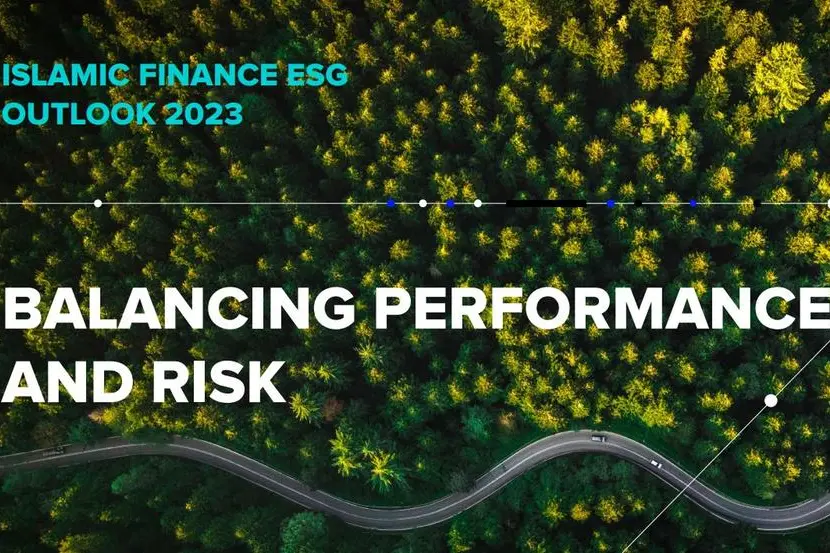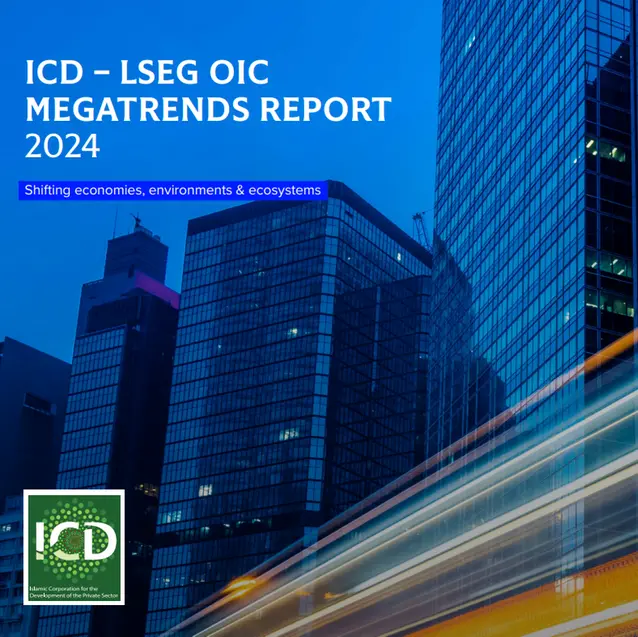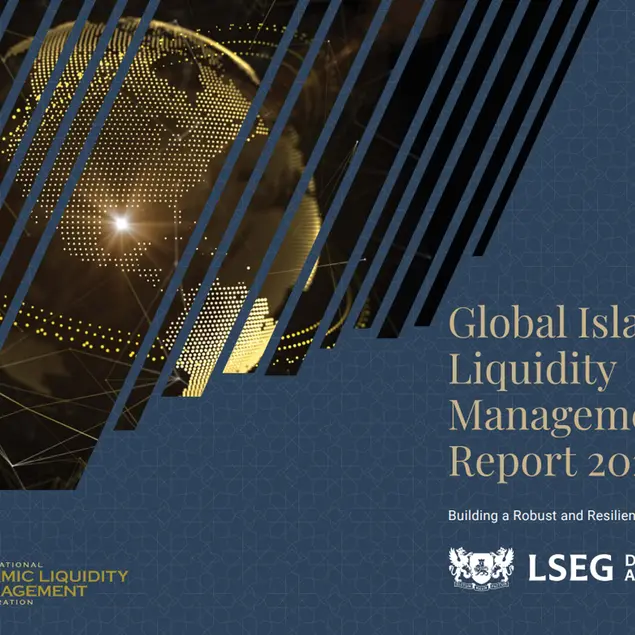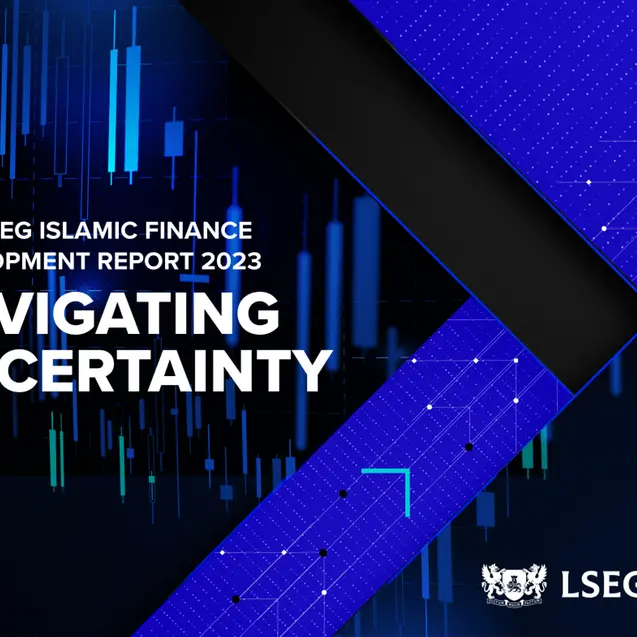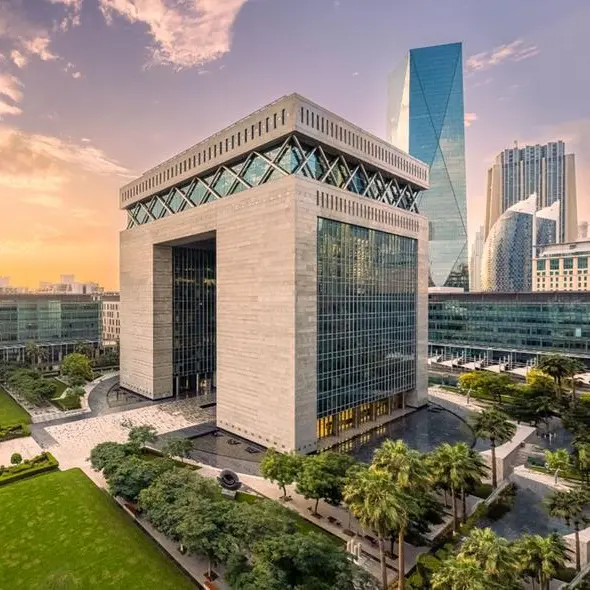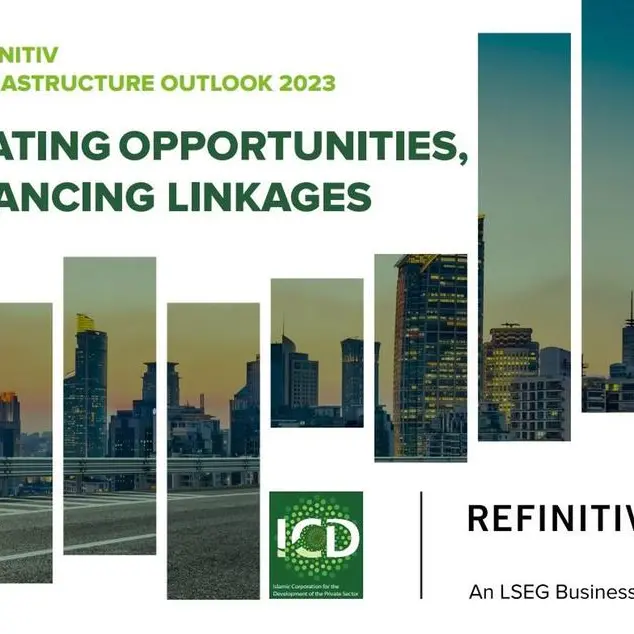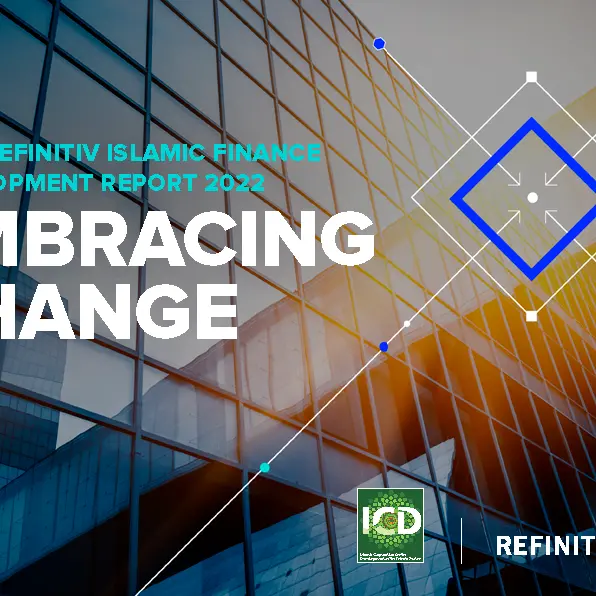PHOTO
The period since the Covid-19 pandemic has been incredibly dynamic around consideration of ESG issues, particularly relating to concern such as climate change. For Islamic finance, the rapid growth in adoption of ESG practices by financial institutions and by investors in Islamic markets comes with both a challenge and an opportunity.
The pace of change in ESG is daunting even for mainstream financial institutions, and Islamic finance is already facing competition from other financial institutions with significant financial resources. However, there is an opportunity for Islamic finance to demonstrate its natural alignment with the objectives of the broader responsible finance movement, which if seized could propel the industry’s growth in the coming decade.
This report contributes to this development by providing key insights into the investment impact of ESG when combined with Shariah screening, as well as a unique assessment of the ESG risks within the Islamic banking market.
Click here to access the full report:
As revealed throughout this report, the approach of thinking about Islamic finance separately from ESG is not supported by our findings. The process of Shariah screening impacts the way in which ESG data are most effectively used for investments. Similarly, although Islamic financial institutions derive many of their ESG risks from their connection to financing the real economy, the concentrations of different types of risks are not always uniform between Islamic banks and conventional banks in the same market.
